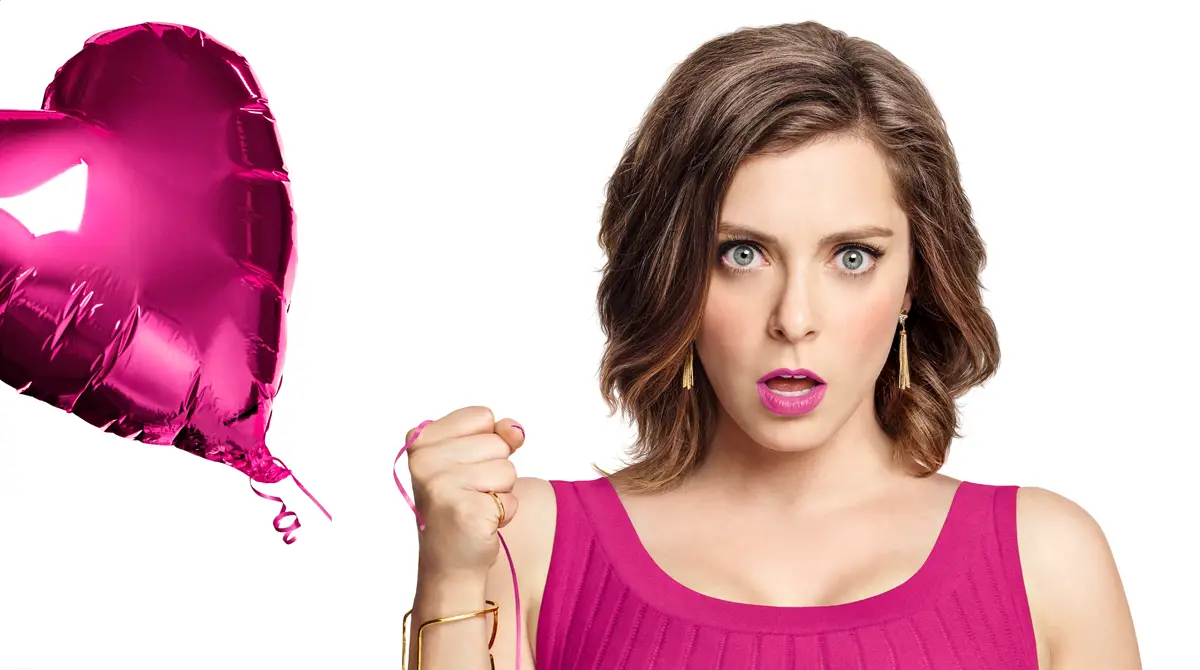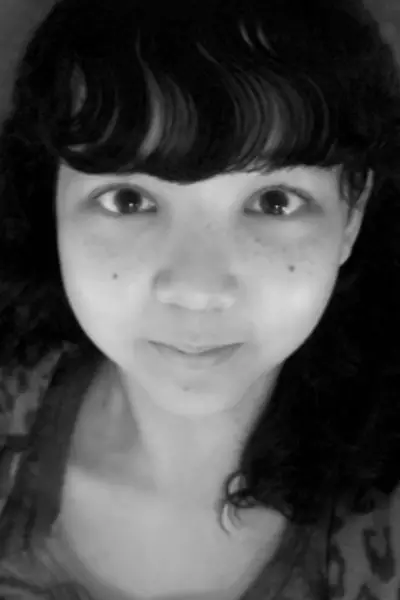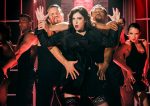No one tears herself a new one on national television quite like Rebecca Bloom, the mastermind and starring actress of new musical comedy on The CW, “Crazy Ex-Girlfriend.”
With all the self-deprecating jokes and comical sob-fests stuffed into each episode, you’d almost think I wrote the scripts. Maybe that’s why I can’t seem to stop binge-watching the show on Netflix. (Hey, I can’t be blamed if autoplay moves me right along to the next episode…or 14. Who am I to battle technology?)
The basic premise of this underrated musical rom-com is that neurotic New Yorker Rebecca Bunch runs into her former camp boyfriend, Josh Chan, and decides to ditch her depression-riddled existence for a life in Josh’s hometown: West Covina, California. Trust me, after hearing Rebecca belt out her impassioned “West Covina” song while riding that giant pretzel into the sky in the first episode, it’s a name you’ll never forget.
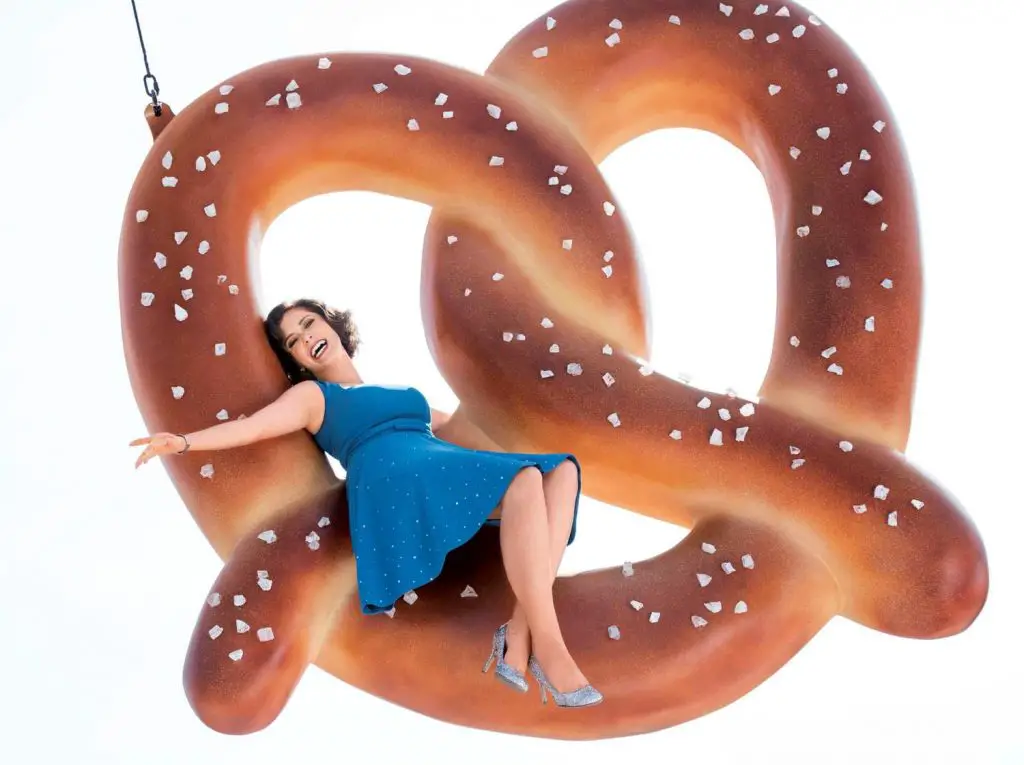
But you’ll never hear Becks admit that she, an independent, extremely intelligent, absolutely not obsessed woman moved across the country for the fruitless pursuit of an unavailable boy. In fact, Rebecca spends the vast majority of every hour vehemently denying that she’s that “crazy ex-girlfriend” — hence the ironic tone of the title.
There’s something special about this musical comedy, and it’s not just the amount of would-be fans the show scares away with its controversial title—although that number’s gotta be in the hundred-thousands. Nor is it the sum of nights my brain has rocked me to sleep to the disturbingly catchy theme song of “Crazy Ex.” (Seriously, the showtune-y voices of those cartoon maniacs in the opening sequence haunt my nightmares.)
No sir, the most brilliant thing about Bloom’s original production is how its brand of humor manages to both make fun of important issues and break down their preconceptions at the same time. Usually TV comedies only make it to the first one, mocking commonly entertained stereotypes until they’re so exaggerated that it’s clear the writers are opposing the tropes. But even more impressive and rare is a series that grabs stigmas by the gonads and directly subverts them with its characters, plotlines and even thrice-episodely song lyrics.
The two main characters, Rebecca Bunch and Josh Chan, embody this masterful subversion perfectly. In no other show can you find a Harvard-educated female lawyer who narrates her life with Broadway musical numbers falling in love with an athletic, lusted-after “bro” character who just so happens to be — hold onto your caps here, folks — Filipino (!).
I know. The world is changing faster than the rest of the media can apparently keep up. But at least we have Rebecca Bloom and her cast of realistic, well-rounded people to guide us through the white (ahem, washed) river rapids of Hollywood.
1. Epic Musical Numbers that Challenge Prejudices
I hardly know where to begin with the geniusly crafted, tongue-in-cheek numbers of “Crazy Ex-Girlfriend.” Every episode includes two to three original songs that both advance the plot and tackle normally dicey issues in a way that will reduce you to stomach-clutching tears.
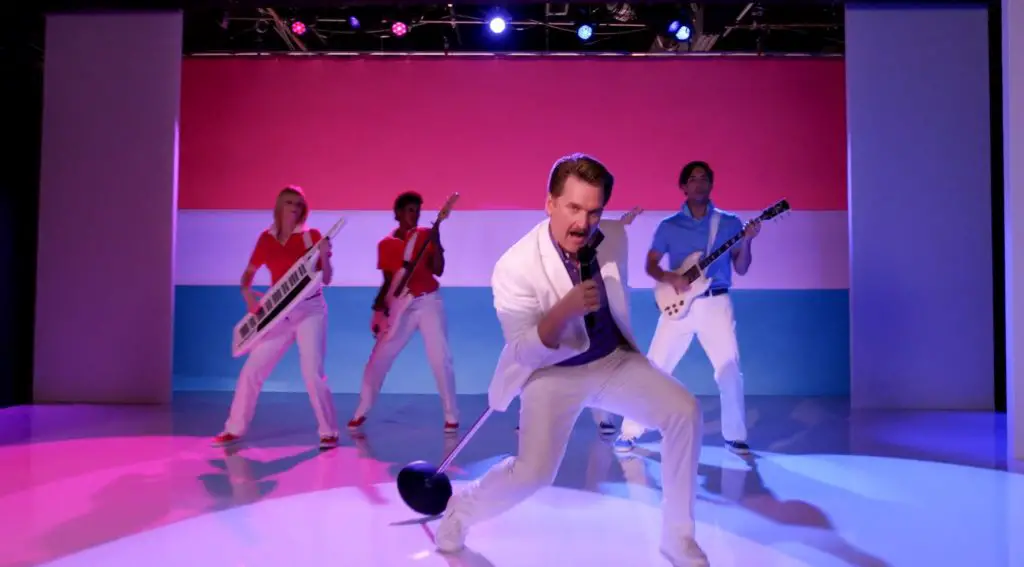
For example, the “Gettin’ Bi” song, whipped out by a certain character when he calls a meeting to proudly proclaim his newfound bisexuality to all the employees at Rebecca’s law firm. With a saxophone, obviously. The anthem insists that bisexuals aren’t simply waffling between being fully gay or straight, nor are they all dirty hoebags (you’d be surprised at some people’s imaginations!). Here are some of my favorite lyrics:
“Now some may say,
‘Oh you’re just gay!
Why don’t you just go gay all the way?’
But that’s not it,
‘Cause bi’s legit.
Whether you’re a he or a she,
We might be a perfect fit.
And one more thing, I tell you what,
Being bi does not imply that you’re a player or a slut.”
Another example: “The Sexy Getting Ready Song,” a classic, aptly-named little diddy Rebecca warbles in between yanking on a pair of Spanx and poking her eye out with an eyeliner pencil. A scene cut — “Let’s see how the guys get ready” — reveals Greg the suitor taking a nap with his feet up on the couch, summing up the song’s point about conflicting beauty standards between men and women.
In fact, the message is so potent that after witnessing the horror show that is Rebecca waxing herself until she bleeds, the featured rapper cuts off his own interlude and hightails it out of there, deeming the whole process “patriarchal bullshit.” Direct quote: “You know what? I got to go apologize to some bitches. I’m forever changed after what I just seen.”
Most impressively, “Crazy Ex” somehow incorporates endless odes to the art of not being a bigoted assclown without ever sounding preachy or overly moralizing. My guess is that the lyrics are so padded with self-aware jokes that make fun of the making fun that it’s impossible to interpret the tone as anything but buoyant and good-natured.
2. Diverse Characters and Interracial Relationships
Before I continue, may I climb up to the rooftop for just one second? Does anyone happen to have a bullhorn lying around? Great. Now, for the biggest news of modern TV-watching times. Seriously, hold on to your caps here, folks.
The “sexy hot guy” is Asian!
I repeat: Josh Chan, the buff, jock-type, bit-of-a-dummy main love interest for protagonist Rebecca? Asian, I tell you — hailing from a big ol’ Filipino family!
When was the last time anyone saw an Asian guy on TV who even came close to a typical “bro” character instead of Nerdy Computer Programmer No. 6 or buffoonish wacko foreigner?
Probably never.
And absolutely nothing is made of it in the show. Josh isn’t treated as some odd deviation from the stereotype of smart, quiet Asians because he’s athletic and simple-minded — that’s just his personality. Normalizing unconventional, realistic combinations of race and disposition is one of “Crazy Ex-Girlfriend”’s greatest strengths, not in small part because few others in Hollywood are contributing much to the cause. (I’m looking at you, “Ghost in the Shell.”)
That miracle alone is enough to give the series veritable boatloads of credit in the trope-destroying department, but there’s also Darryl to consider, a bumbling, middle-aged, mustachioed suburban dad — in short, probably the last character on the show you’d expect to kiss another guy. But then again, in typical “Crazy Ex” fashion, why not?
Interracial relationships also abound like nobody’s business, handled just as matter-of-factly as the sporty Asian deal. Josh and Rebecca are a given, but two more come to mind: Josh and Valencia, the long-term Asian/Hispanic relationship Rebecca’s trying to break up, and Greg and Heather, a short-lived white/black pairing.
In fact, there are probably as many mixed-race couples in the show as same-race ones — but still, the “swirled cones,” if you will, are much more prominent in the story. And as a product of a Josh and a Rebecca myself, I say that is immense cause for celebration.
3. Nuanced Depictions of Complex People
Every character in “Crazy Ex-Girlfriend” goes through a journey of self-discovery and growth — and I do mean every character. Even Valencia, the resident bendy, kale-eating yoga bitch, has her slightly okay-ish moments, during which your fist may hesitate for a second before pounding her face right in.
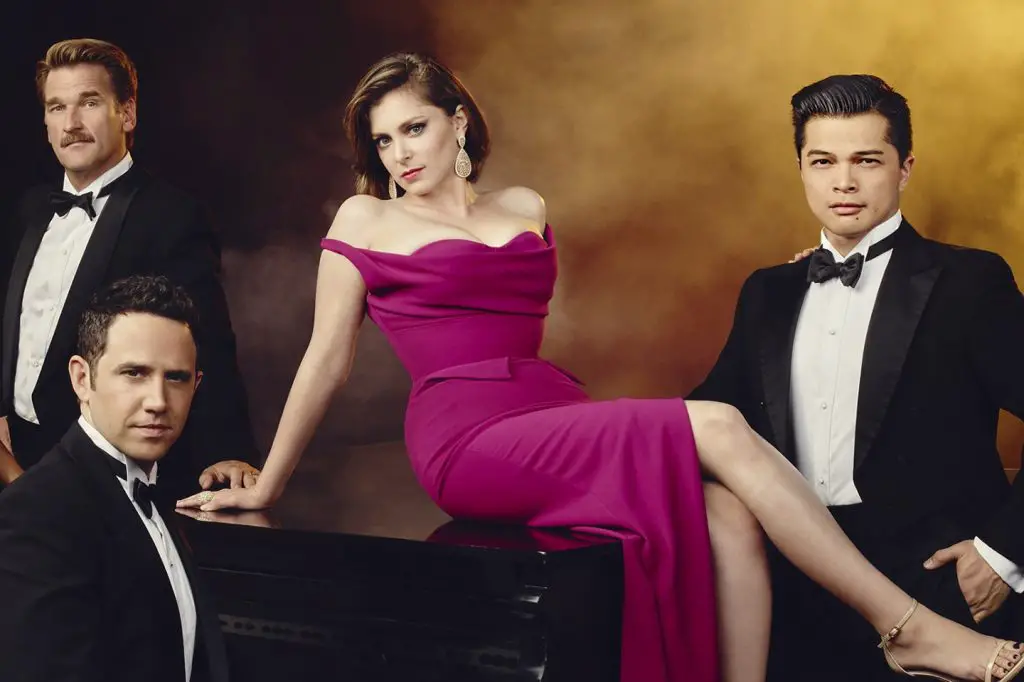
My favorite example? Paula, the middle-aged mom who hates her kids, her husband, her job, kittens, newborns, morals, etc. In the first episode, dear old Paula seems like she’ll be the stereotypical series-long mean enemy coworker who obsesses and schemes over the protagonist’s every sip of coffee. But butter my toast and call me Aunt Jemima — by the episode’s end, she turns out to be not only Rebecca’s best friend, but her mom figure! I like to think myself pretty adept at discerning character archetypes, but sweet Jesus, if Paula didn’t have me utterly fooled.
That’s not to mention cold, sarcastic bartender Greg who actually stays in West Covina to care for his ill father, White Josh, the ripped frat boy who’s also a kind, helpful gay guy, and of course, the one and only crazy “bi guy,” Darryl the dad-joke-cracking law firm manager.
But absolutely the biggest draw in the complex character department is none other than the Crazy Ex-Girlfriend herself.
Throughout the series, it’s always obvious that Rebecca’s no dullard; she’s simply a good person who makes bad (terrible, really) decisions. But that doesn’t make her any less fleshed-out as a character; in fact, Rebecca’s multitude of facets are best exemplified by the eccentric show tunes she dreams up. In “Sexy French Depression,” the lovably dramatic protagonist shows her dark side, comically illuminating her struggles with mental health. The weirdly catchy spoken-word “I Have Friends” reveals Rebecca’s deep-seated adolescent insecurities, not unrelated to a certain parents-divorcing-at-her-birthday-party incident.
The main showgirl of “Crazy Ex” is simultaneously witty, intelligent and brave (if that’s what you want to call moving 2,774 miles to chase her otherwise-besotted ex-lover) as well as an endearingly desperate, goodhearted dope whose only wish in the world is to be loved. Rebecca skates back and forth between both ends of the rink, hitting both sane and totally insane pretty damn hard at different points in the story, but she never fails to snatch your heart in the process.
Oh no. Now that you mention it, you might want to call the paramedics. If Becks is in the heart-snatching business, I’d venture to say there’s someone named Josh whose internal organs are in danger right about now.
Just don’t tell Paula — she’ll break out the pliers.


